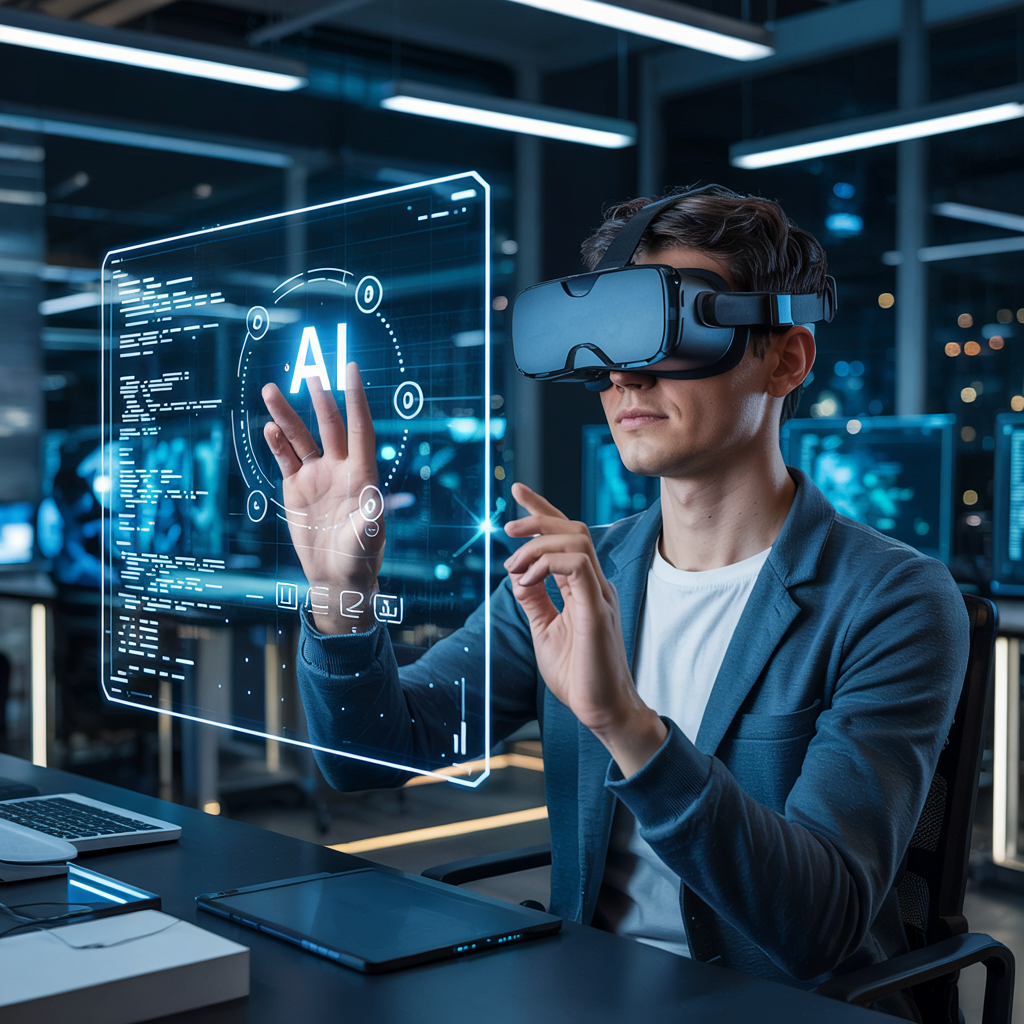The Future of AI in Software Development

Artificial Intelligence is rapidly transforming every industry, and software development is no exception. As AI tools become more sophisticated, they're changing how we write, test, and maintain code.
Current AI Applications in Development
Code Generation and Completion
AI-powered tools can now generate functional code based on natural language descriptions or complete code as developers type. These tools learn from vast repositories of code to suggest contextually appropriate solutions.
Automated Testing
AI systems can generate test cases, identify potential edge cases, and even automatically fix certain types of bugs. This dramatically reduces the time spent on quality assurance while improving overall code reliability.
Intelligent Refactoring
AI can analyze codebases to identify inefficiencies, security vulnerabilities, and opportunities for optimization, then suggest or automatically implement improvements.
The Near Future: What's Coming Next
Natural Language Programming
As language models improve, we're moving toward a future where developers can describe functionality in plain English, and AI will generate the corresponding code. This will make software development accessible to a much wider audience.
Autonomous Development
For certain types of applications, AI will be able to handle the entire development process—from requirements gathering to deployment—with minimal human intervention.
Personalized Development Environments
AI will customize development environments to match individual programmers' styles, preferences, and strengths, making each developer more productive.
Implications for Developers
Changing Skill Requirements
As AI handles more routine coding tasks, developers will need to focus on higher-level skills like system architecture, problem-solving, and effective collaboration with AI tools.
Increased Productivity
Developers augmented by AI tools will be able to build more complex systems faster than ever before, potentially by orders of magnitude.
Democratization of Development
As the barrier to entry lowers, more people without traditional programming backgrounds will be able to create software, leading to greater diversity in the types of applications being built.
Challenges and Considerations
Quality Control
As more code is generated by AI, ensuring its quality, security, and performance becomes a different kind of challenge.
Ethical Implications
AI systems trained on open-source code raise questions about intellectual property and attribution. Additionally, biases in training data may propagate into generated code.
Human-AI Collaboration
Finding the right balance between human creativity and AI efficiency will be crucial for maximizing the benefits of these new tools.
Preparing for the AI-Augmented Future
To thrive in this evolving landscape, developers should:
- Experiment with current AI coding tools to understand their capabilities and limitations
- Focus on developing skills that complement AI, such as system design and requirements analysis
- Stay informed about advances in AI for software development
- Contribute to discussions about the ethical use of AI in coding
The future of software development will be a partnership between human creativity and AI capabilities. By embracing these tools while maintaining a critical perspective on their use, we can build better software faster than ever before.
